Common applications include sterilizing medical or bacteriological instruments, for chemical reactions and for processing of materials such as plastics or rubber. Manufacturing and curing advanced composites often requires the use of autoclave pressure to finish the products. Read More…
If you are looking for innovative pressure vessels, you’ve come to the right place! We actively manage your project every step of the way. We keep you informed of what we are doing to ensure we keep up to your standards and delivery times.
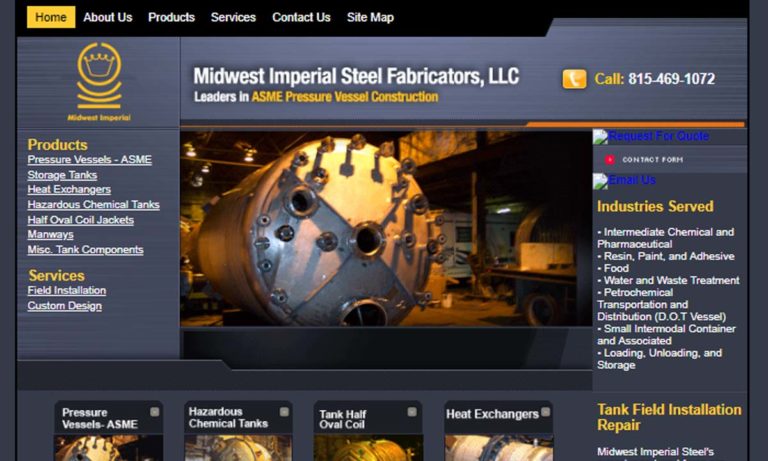
Gladwin Tank Manufacturing builds custom ASME pressure vessels. We work with stainless, carbon, duplex and the nickel alloys and offer custom rolling, plasma, and water jet cutting. Paired with our expertise in multiple welding procedures, we’re capable of handling every project, large and small. Contact us for your custom build requirements. We are more than just pressure vessels, we...
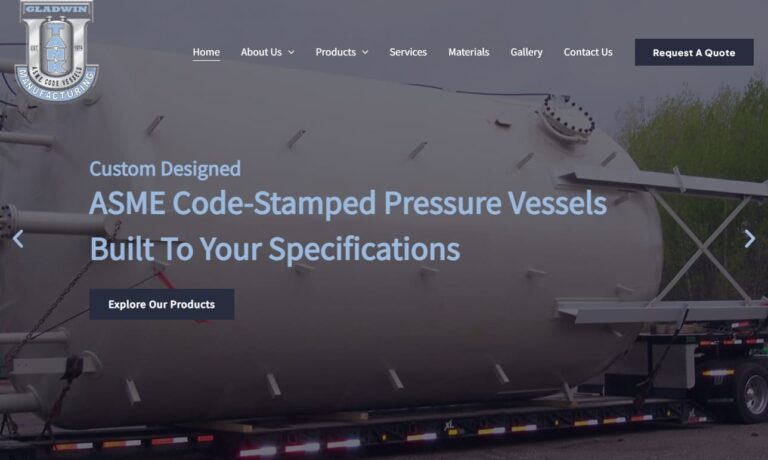
Rexarc’s focus is on the fabrication of custom stainless and carbon steel pressure vessels. We welcome applications with pressures between 500 and 5,000 psi. After nearly 100-years of being in business, Rexarc has the knowledge, attitude, equipment, and processes to support your needs in vessel production and value add services of piping, instrumentation, paint, and other controls...
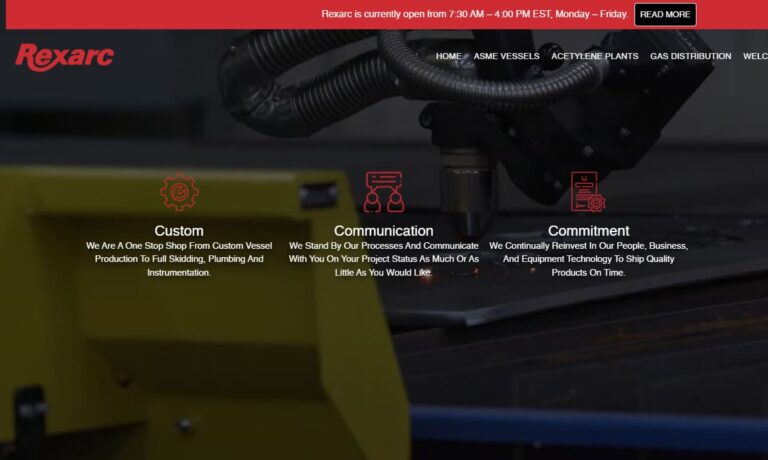
Midwest Tank Company has provided quality tanks to small and large corporations and contractors since 1972. Our reputation is built on exceptional services and customer satisfaction! Our fabrication techniques have been developed through years of tank specialization, combined with personnel who are experienced in all phases of our operation.
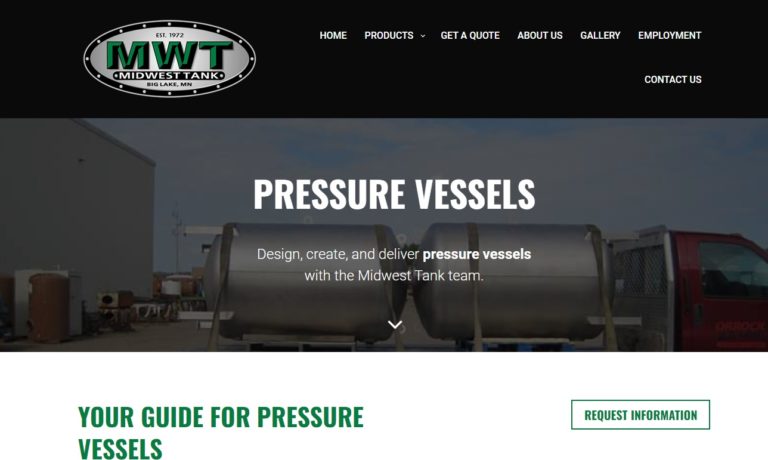
For the most challenging requests, experience and state-of-the-art machinery allow Pressure-Tech to design and manufacture top-of-the-line pressure vessels. By holding "U", "H" & "R" code stamps and employing FCAW, GMAW & SAW welding procedures for carbon & stainless steel vessels, we can provide you with custom pressure vessels fabricated to meet ASME specs, as well as non-code pressure vessels.
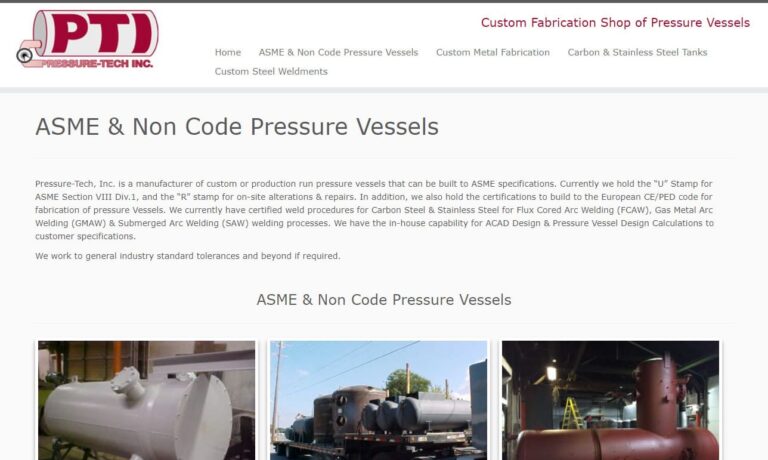
More Autoclave Manufacturers
Autoclaves are made up of an interior chamber into which an object or material is placed, a sealing door and the appliances necessary to create pressure and raise the temperature. The autoclave door is one of the most crucial components of the system as it is responsible for sealing the chamber. It is imperative that the door is able to seal tightly but also to open and close with speed in order to maintain the interior conditions of the autoclave as consistently as possible.
However, as it will be under extreme pressure, it will need to comply with high standards of safety. As with other high pressure vessels, due to the potential danger connected to using the equipment, autoclaves are required to meet stringent manufacturing and maintenance standards such as those set by the American Society of Mechanical Engineers (ASME).
Design, construction and upkeep are driven by the need for safety of the operators as even a small crack or burst in an autoclave or pressure tank could result in an explosion, fire or spreading of metal shrapnel because of the amount of pressure inside the vessel.
In some cases, an additional piece of equipment will be added to aid in the controlled cool-down once the desired temperature has been reached. Electric heating elements or steam-heating are the most common methods of applying heat to an autoclave, although the choice will depend on the intended application of the vessel and what the pressure will be applied to.
Some typical autoclave loads include: laboratory glassware, surgical instruments and other patient-care utensils, medical waste and bedding. The high temperatures and pressures within the autoclave are able to sterilize various objects for reuse or disposal. Autoclaves apply both heat and pressure to the materials and components they are used to work on, and therefore the materials used in the construction of the vessels needs to be carefully considered.
Physical characteristics of durability and strength, as well as corrosion resistance and being easy-to-clean and replace are important to autoclave construction. Most simple autoclave machines can be operated manually, but temperature control typically relies on an automated process.

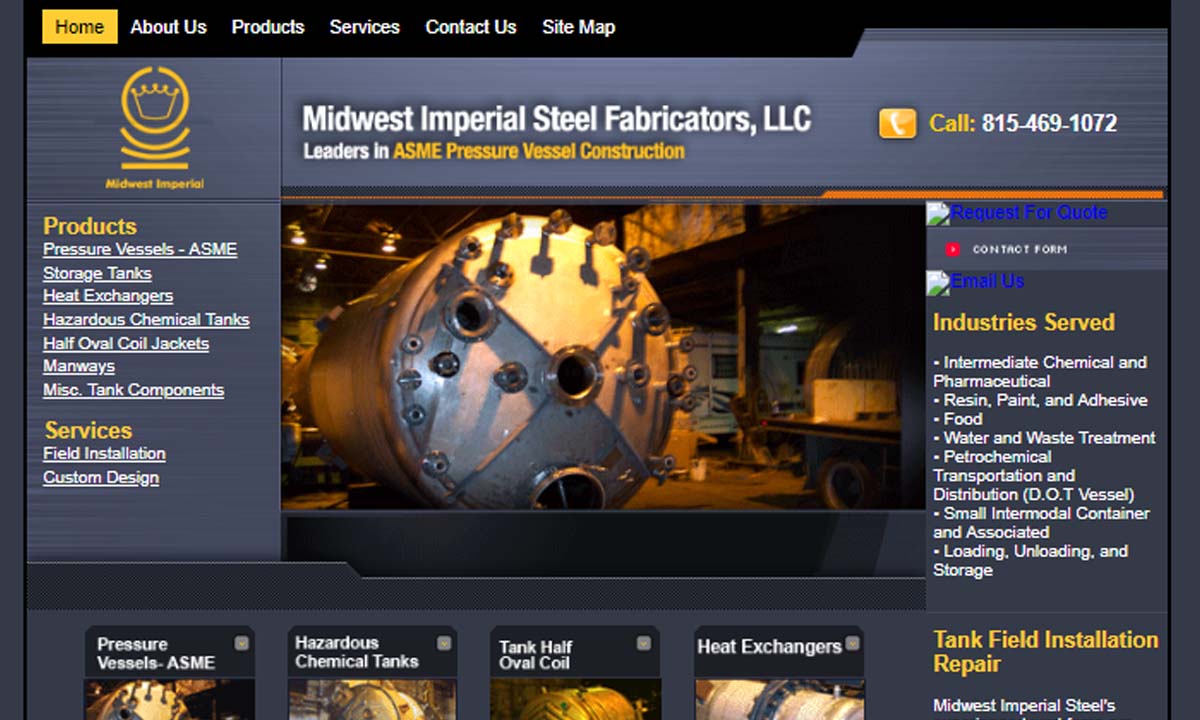
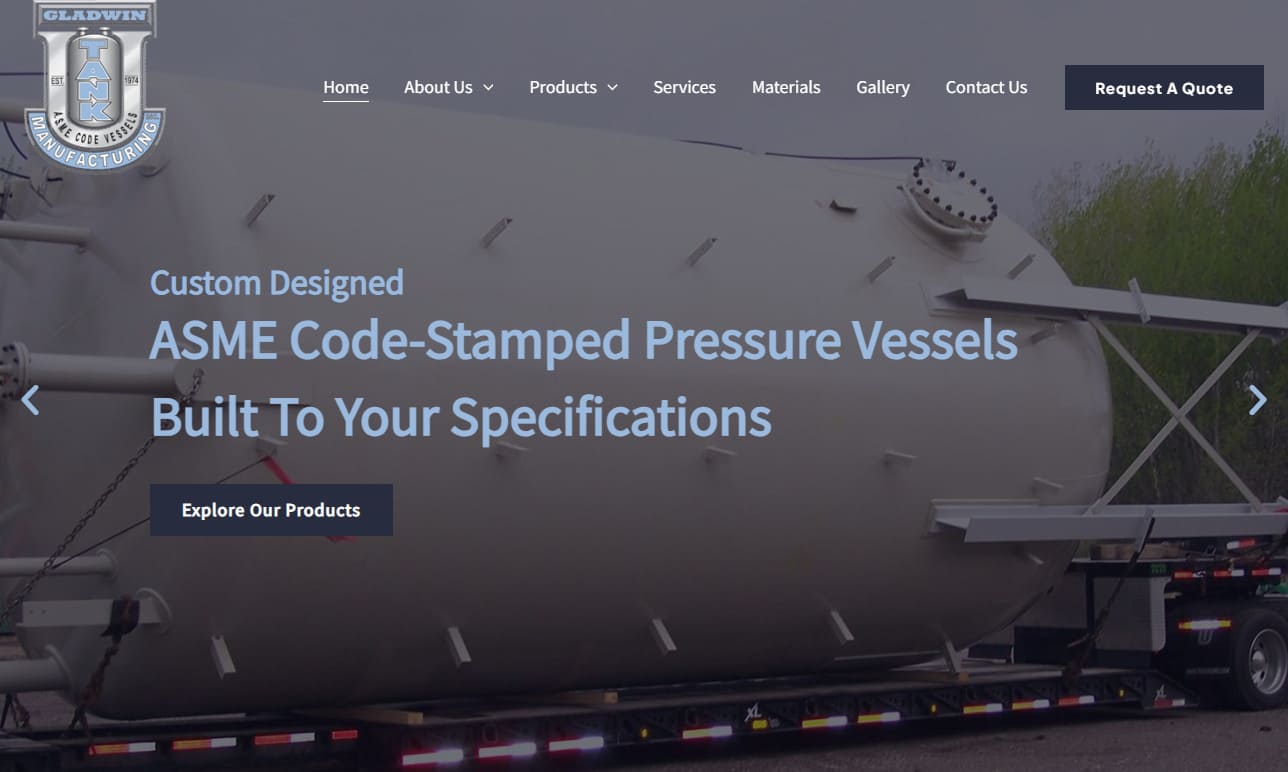
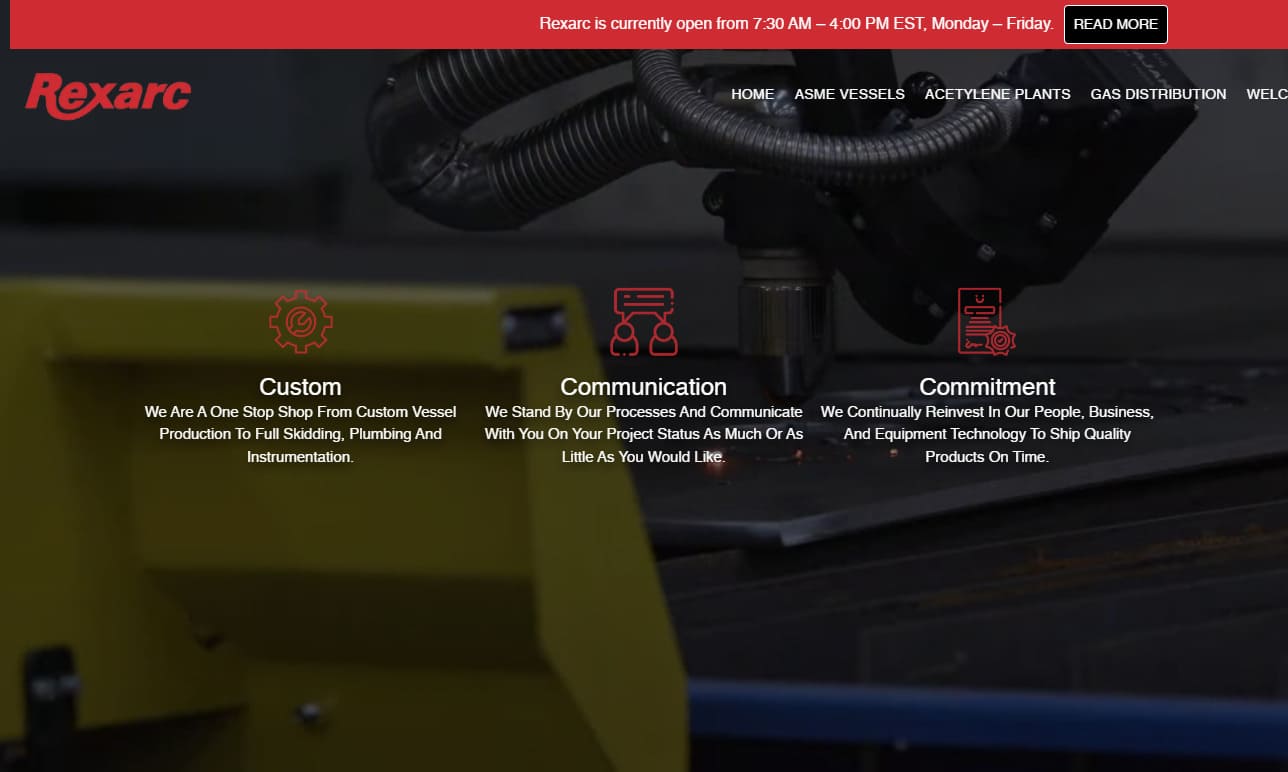
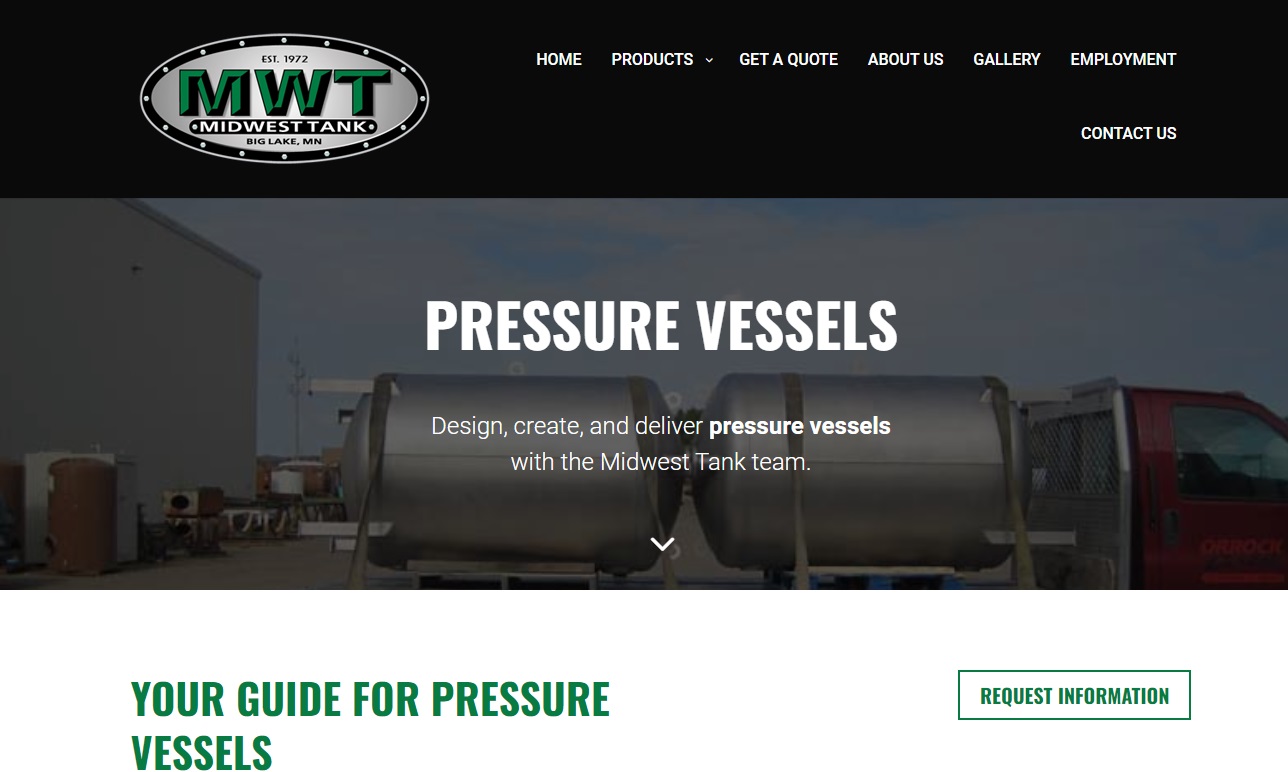
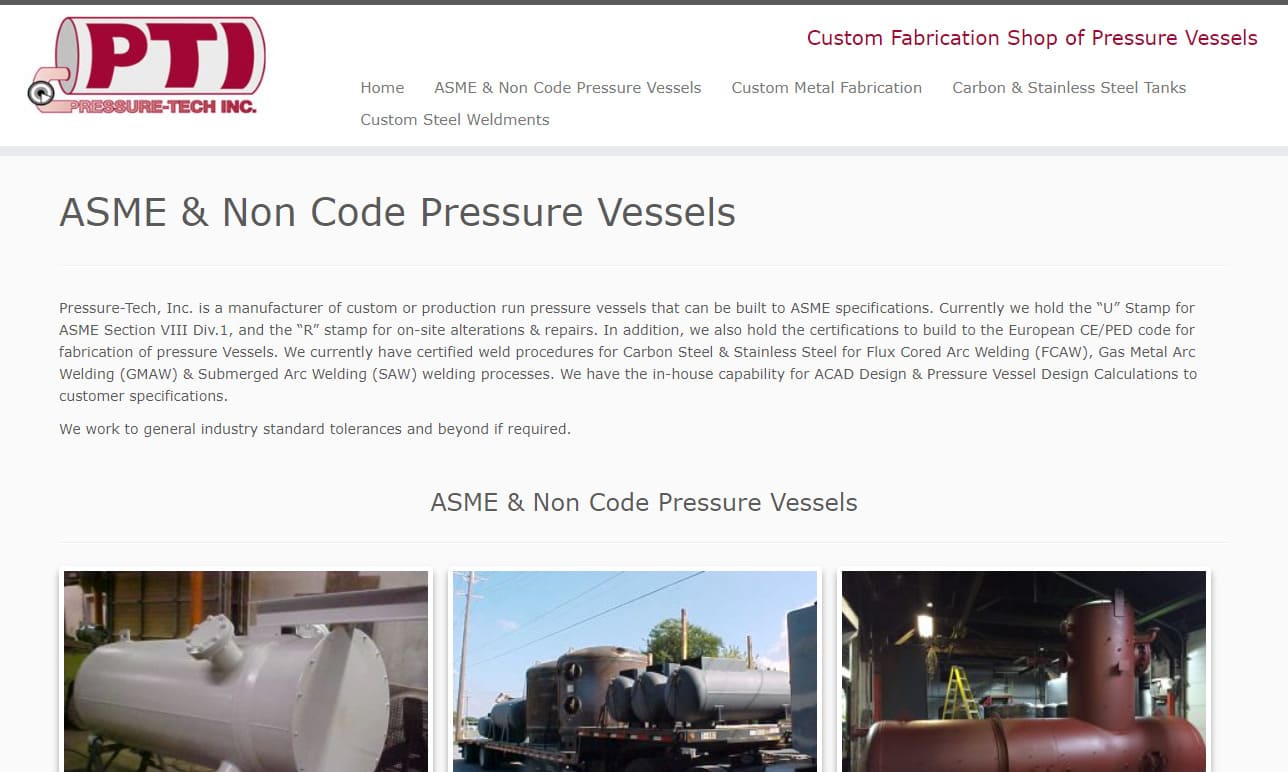
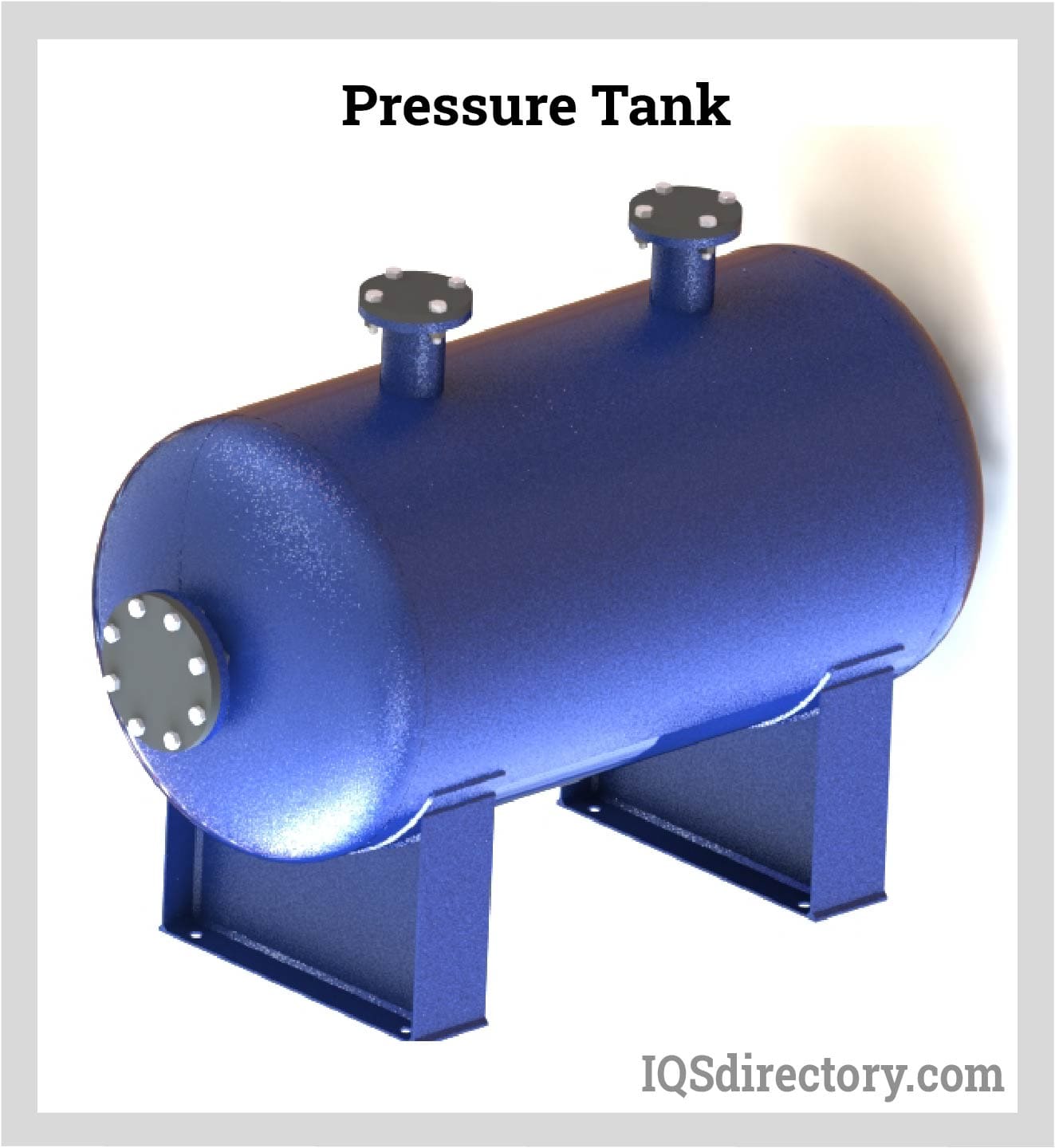
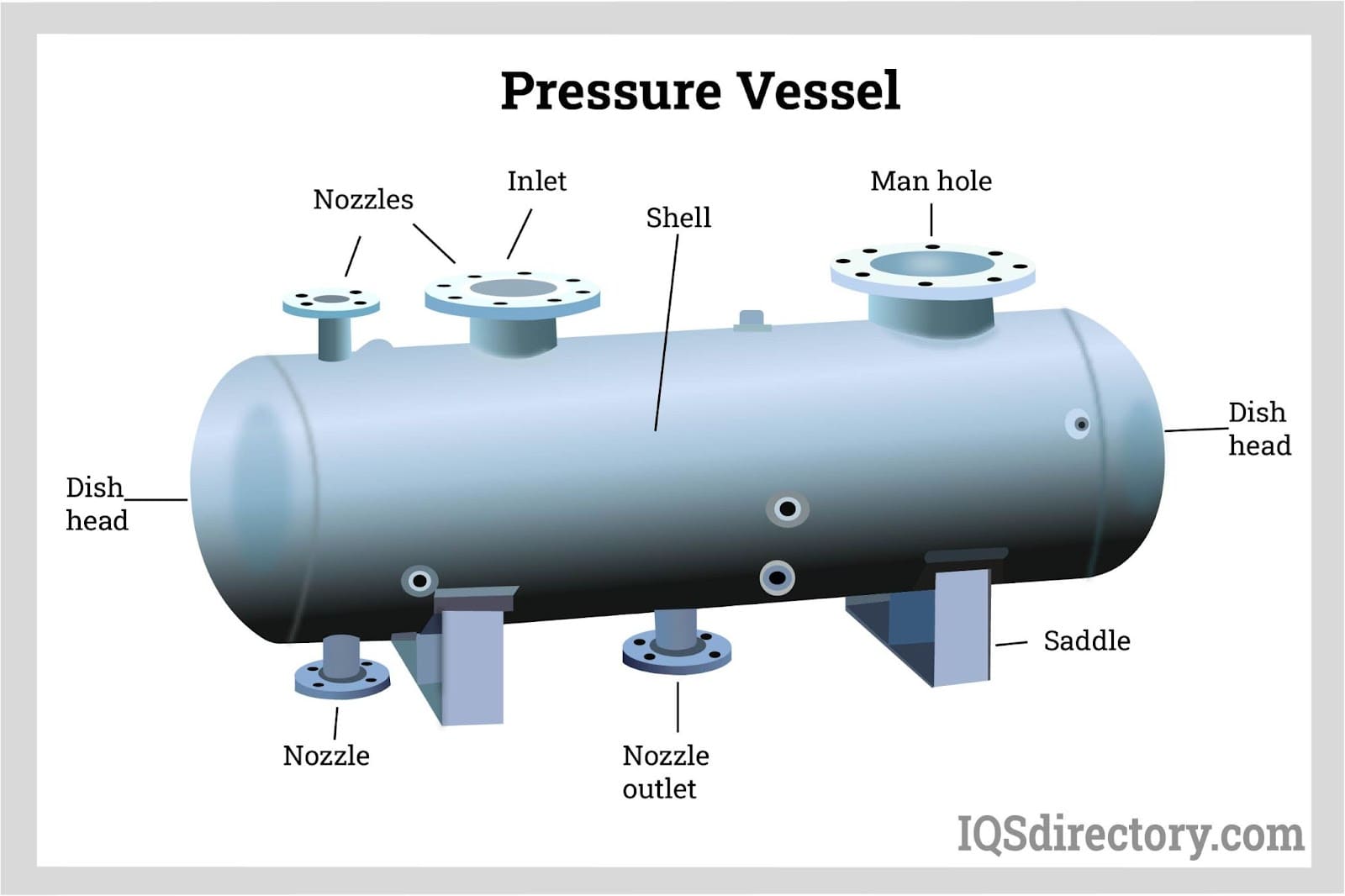
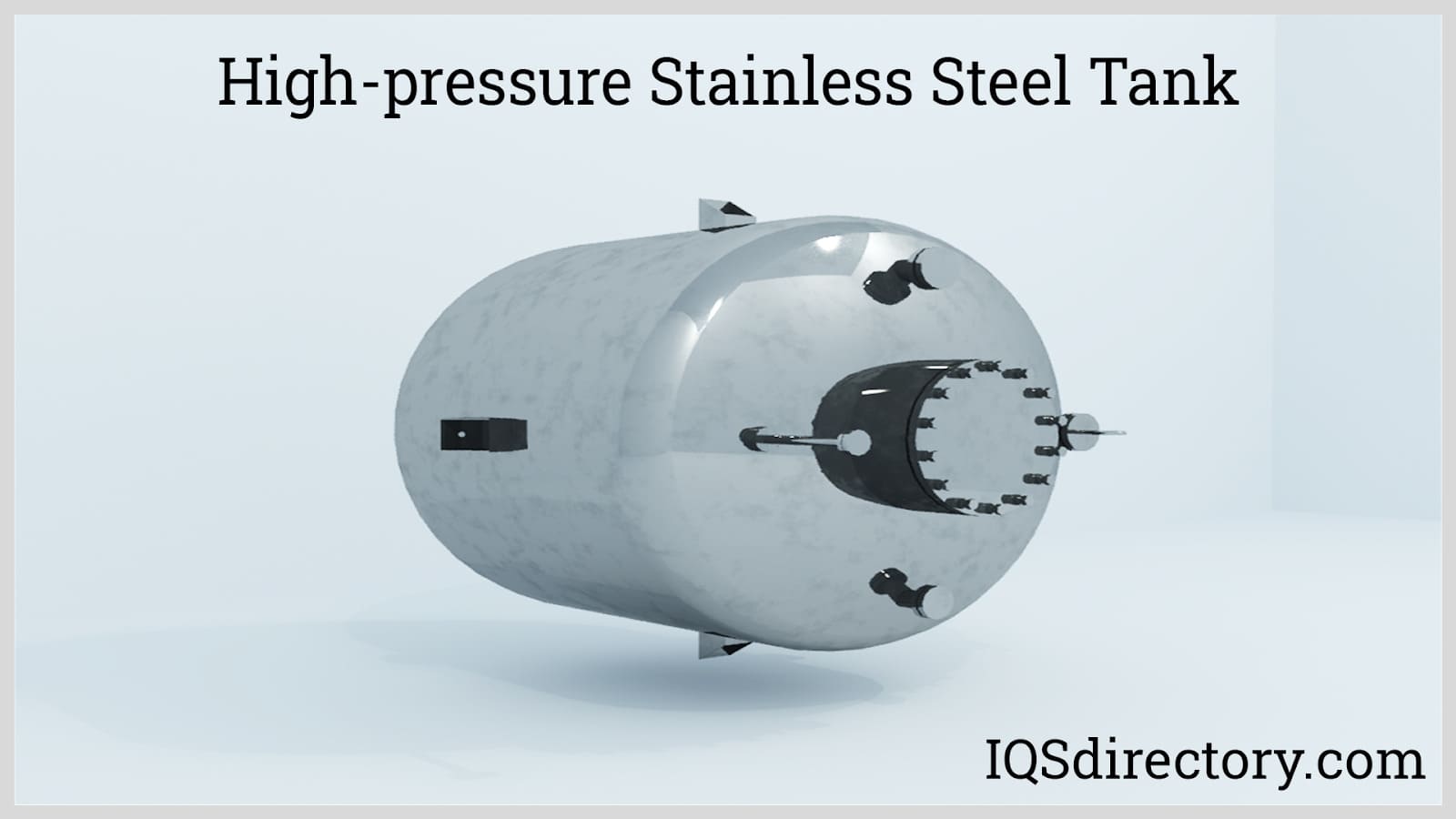
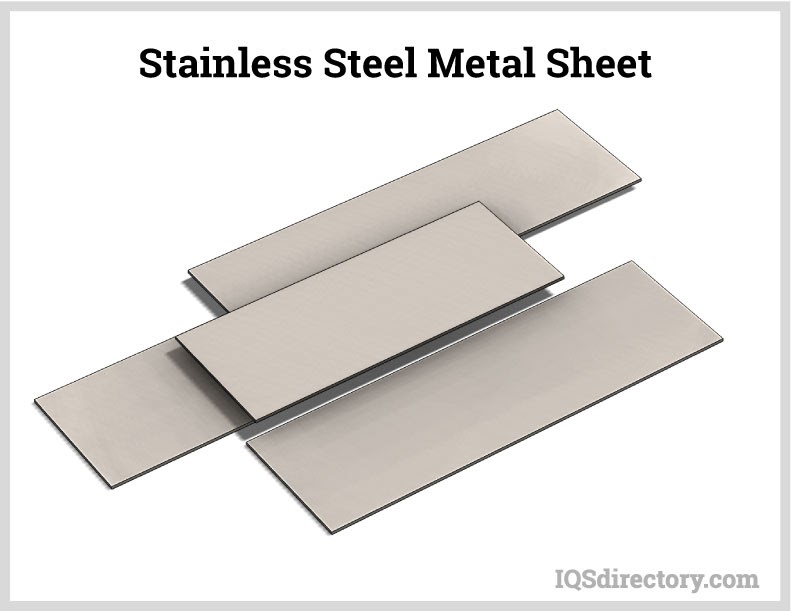
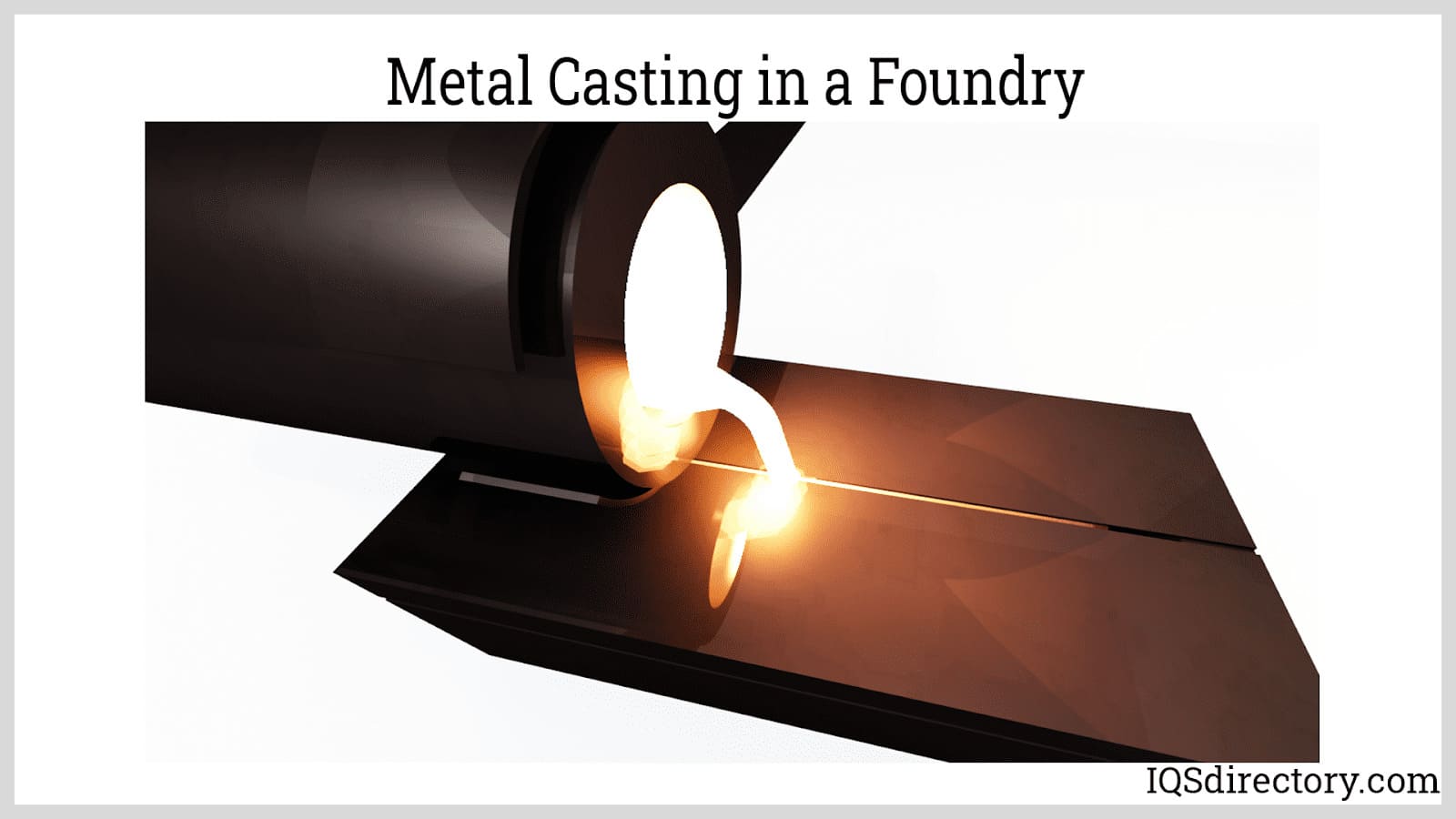
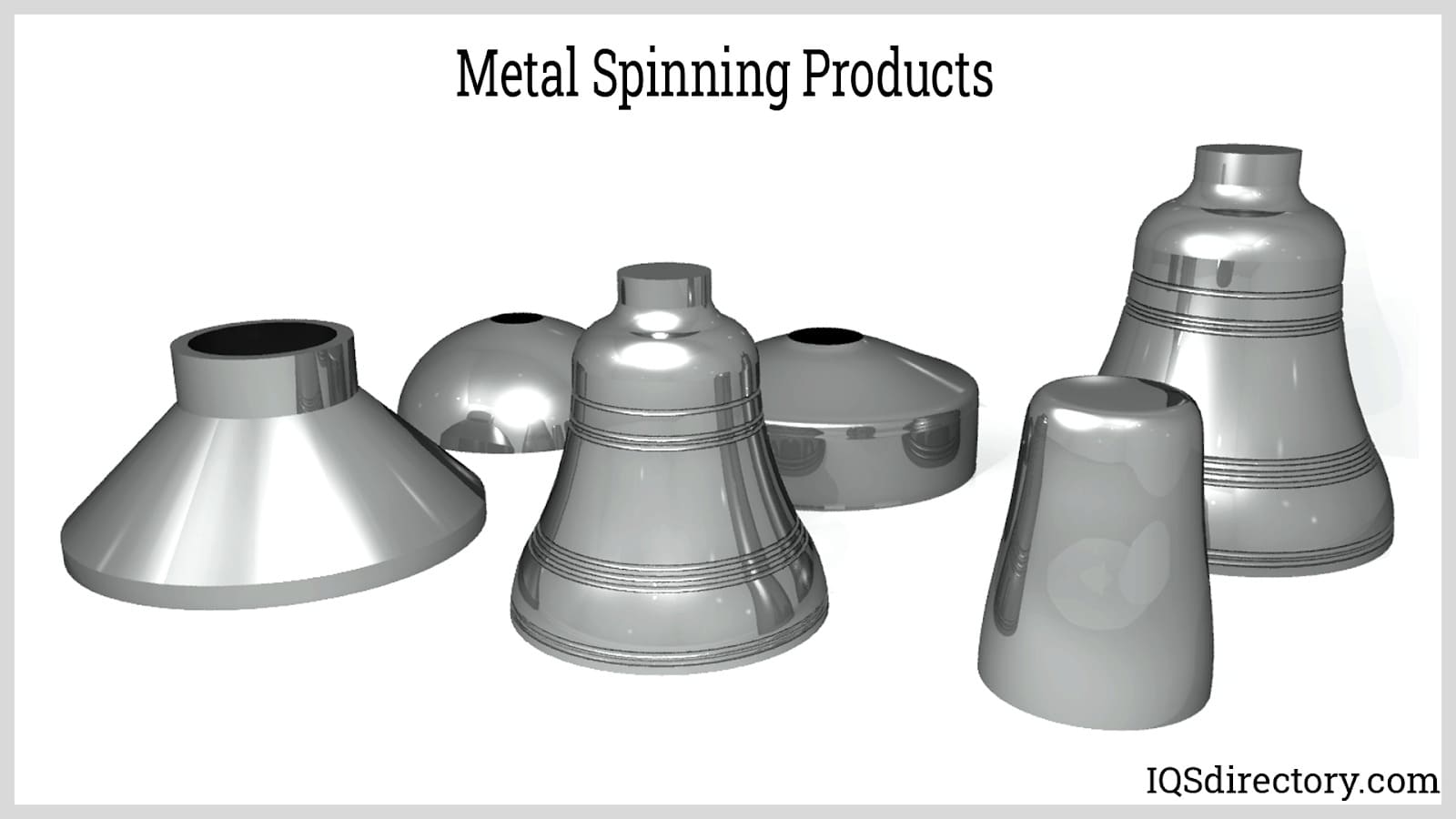
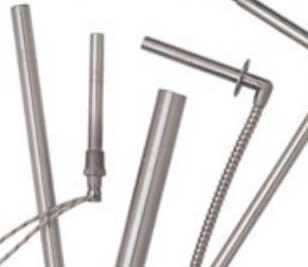 Electric Heaters
Electric Heaters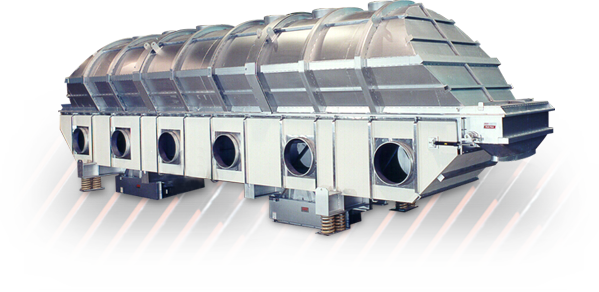 Industrial Dryers
Industrial Dryers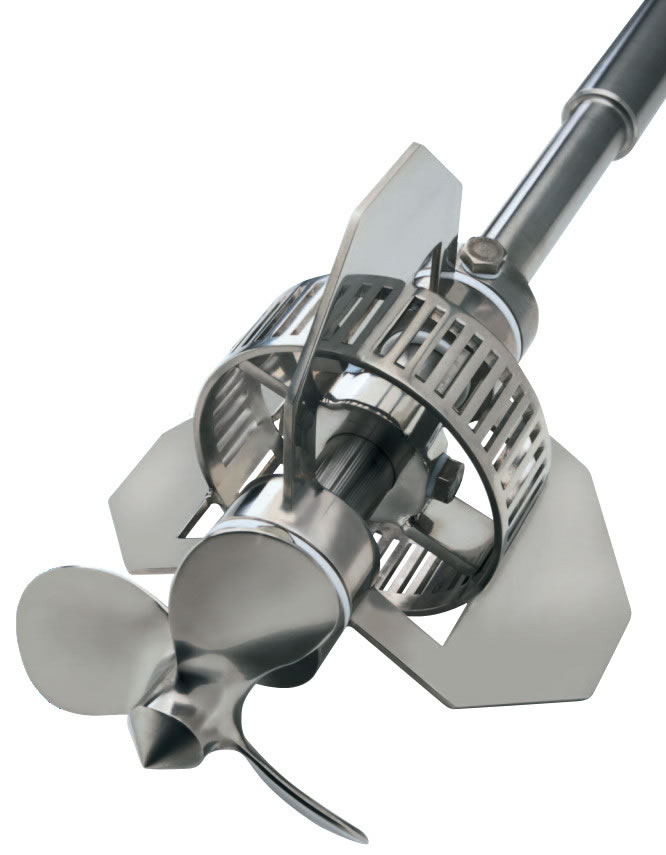 Industrial Mixers
Industrial Mixers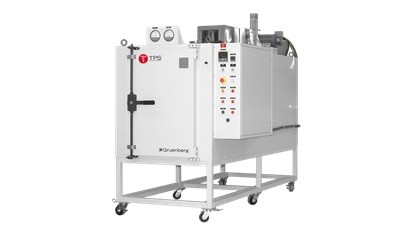 Industrial Ovens
Industrial Ovens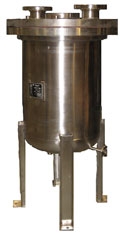 Pressure Vessels
Pressure Vessels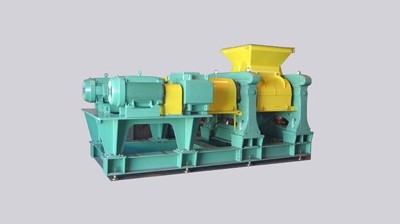 Pulverizers
Pulverizers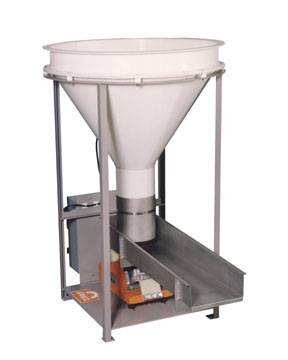 Vibratory Feeders
Vibratory Feeders Castings & Forgings
Castings & Forgings Bulk Material Handling
Bulk Material Handling Electrical & Electronic Components
Electrical & Electronic Components Flow Instrumentation
Flow Instrumentation Hardware
Hardware Material Handling Equipment
Material Handling Equipment Metal Cutting Services
Metal Cutting Services Metal Forming Services
Metal Forming Services Metal Suppliers
Metal Suppliers Motion Control Products
Motion Control Products Plant & Facility Equipment
Plant & Facility Equipment Plant & Facility Supplies
Plant & Facility Supplies Plastic Molding Processes
Plastic Molding Processes Pumps & Valves
Pumps & Valves Recycling Equipment
Recycling Equipment Rubber Products & Services
Rubber Products & Services